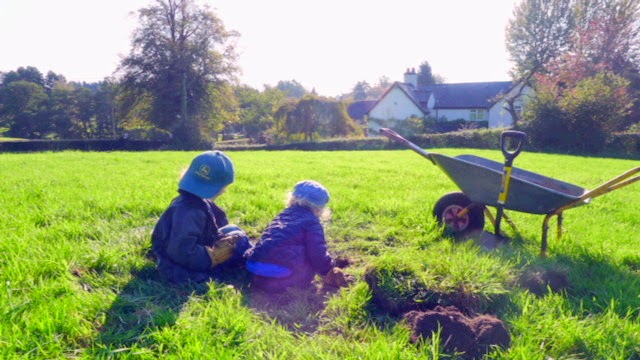D-DAY SHOULD BE REMEMBERED
 |
| A World War 11 poster from the Home Front |
I woke this morning with an unfamiliar news report on Today on Radio 4. It told of the allied landings on the Normandy beaches in a voice that I certainly didn't recognise. But then I realised it was D-Day. And the item that snatched me from my slumber was the voice of an actor reading in measured tones the script of the news report of invasion across the channel 70 years ago. I am old enough to remember World War 11 and the bloody battles and bombing raids, and young enough not to have served in the conflict. My grandchildren, Hugh, six, and Joseph, five, looked a bit non-plussed when I asked on their return from school if anything was mentioned about what is probably the greatest day in Britain's history since we defeated the Armada in 1588 and the battles of Trafalgar and Waterloo. Now, at their tender years, I guess such a historic moment in time would have gone over their heads, and I can only assume in this less
 |
| D-Day plus 70 years is digging for treasure for the boys |